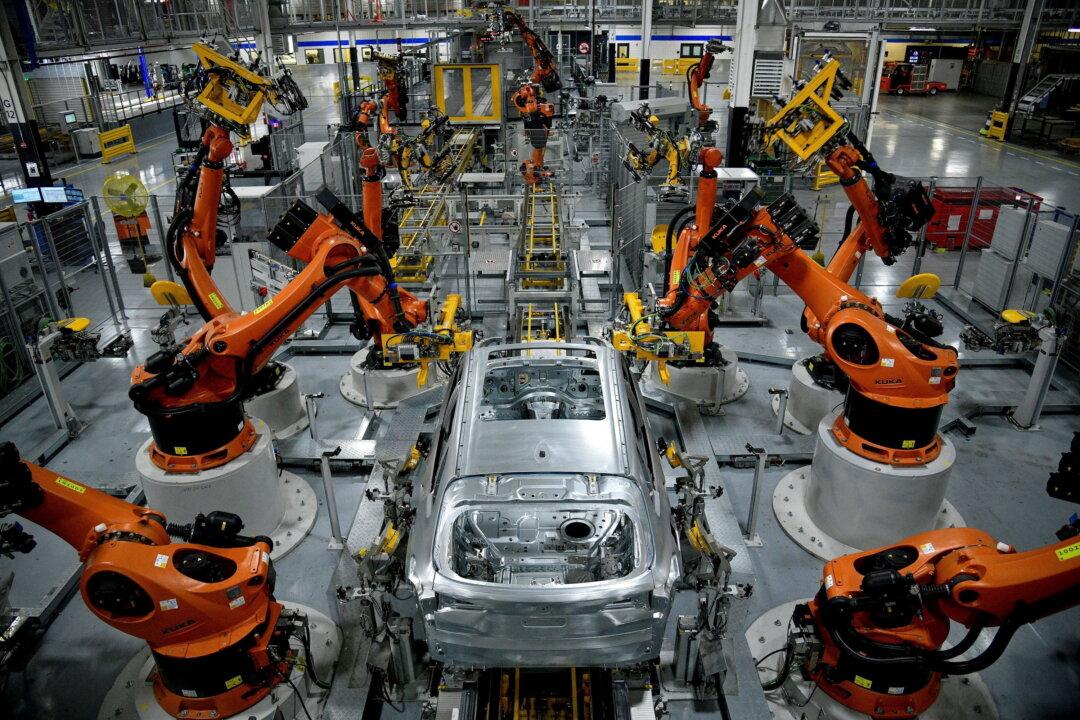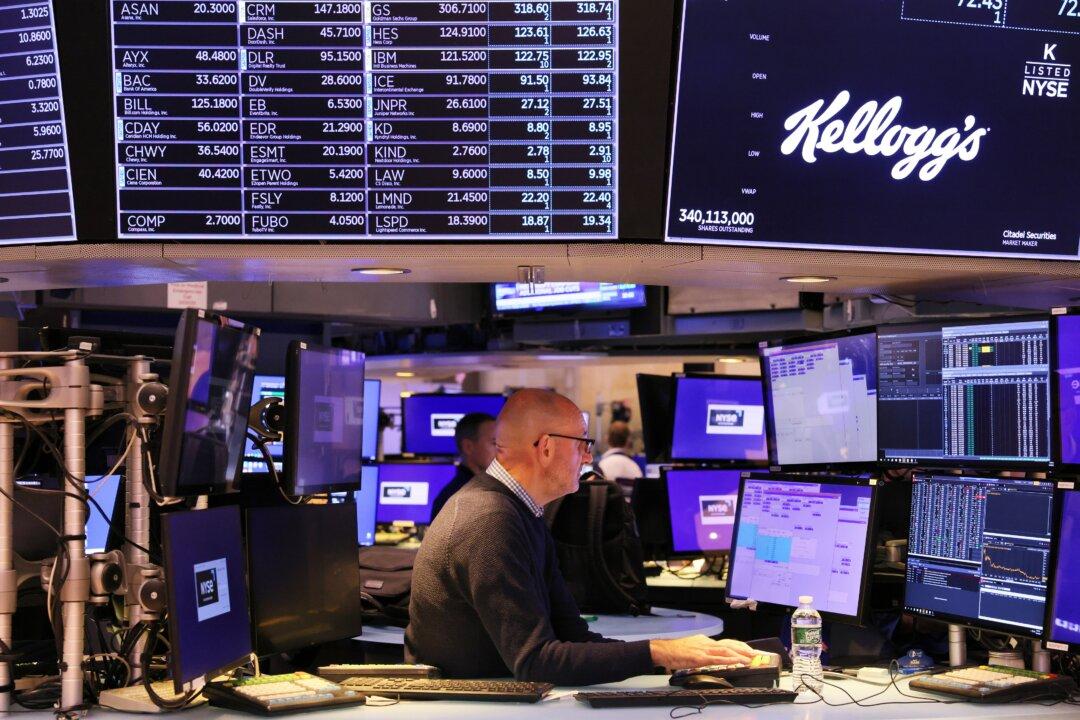The first (advance) estimate of third-quarter GDP will be released next week, on Oct. 26, at 8:30 a.m. EST. Nearly all of the relevant data points for the quarter are in, which should make calculations close to complete, but the Federal Reserve Bank of Atlanta’s GDPNow predictive algorithm is amazingly (and very bullishly) divergent from the consensus of blue-chip economists. In the latest GDPNow report, their weight of all the GDP constituent elements puts last quarter’s annualized growth rate above 5 percent, while their survey of the blue-chip economists’ estimates reflects growth under 3 percent, with the low estimates near 1.5 percent and no blue-chip estimate topping 3.9 percent. So, what does the Atlanta Fed know that no other economist knows?

Autonomous robots assemble an X model SUV at the BMW manufacturing facility in Greer, South Carolina, on Nov. 4, 2019. Reuters/Charles Mostoller
Commentary




